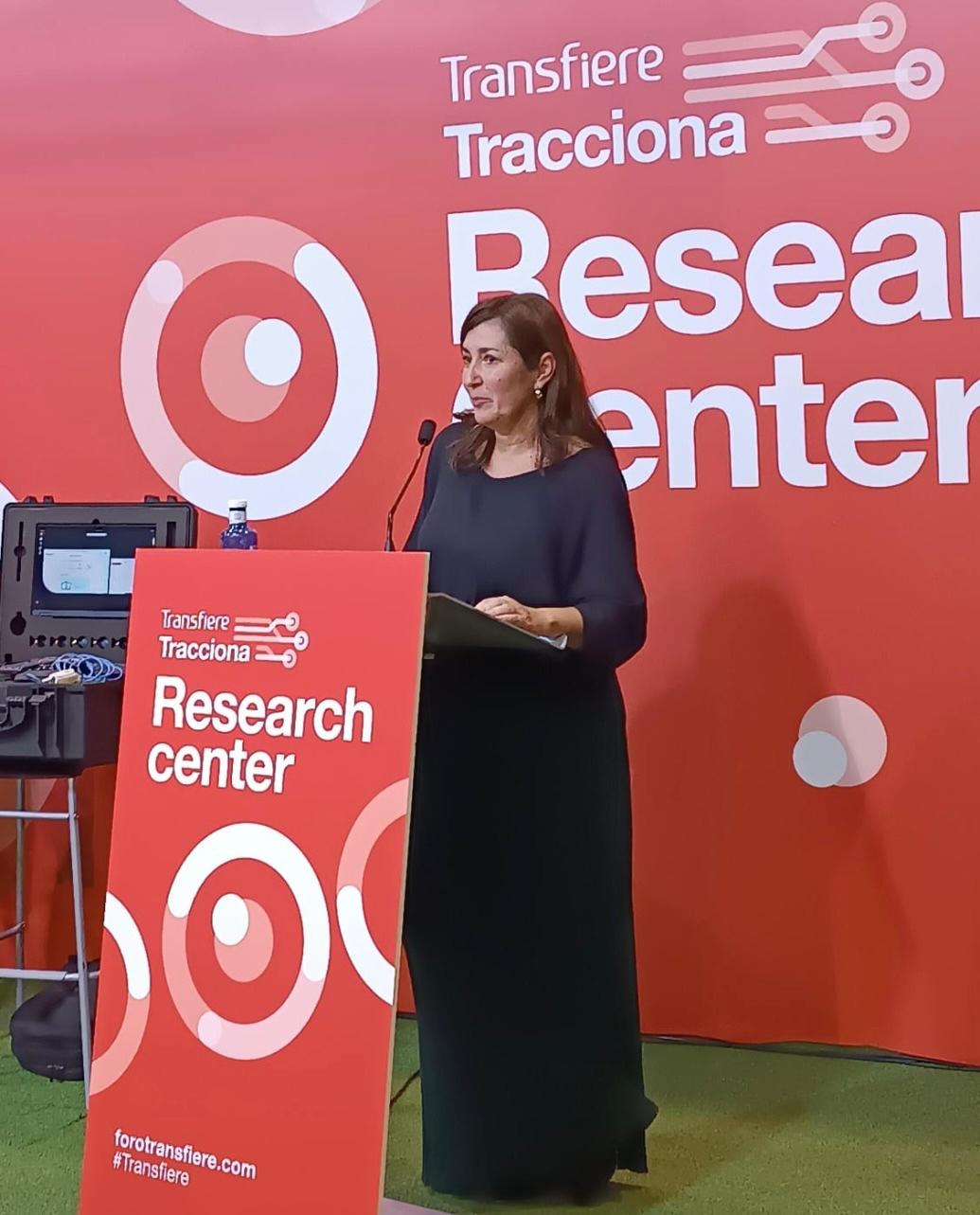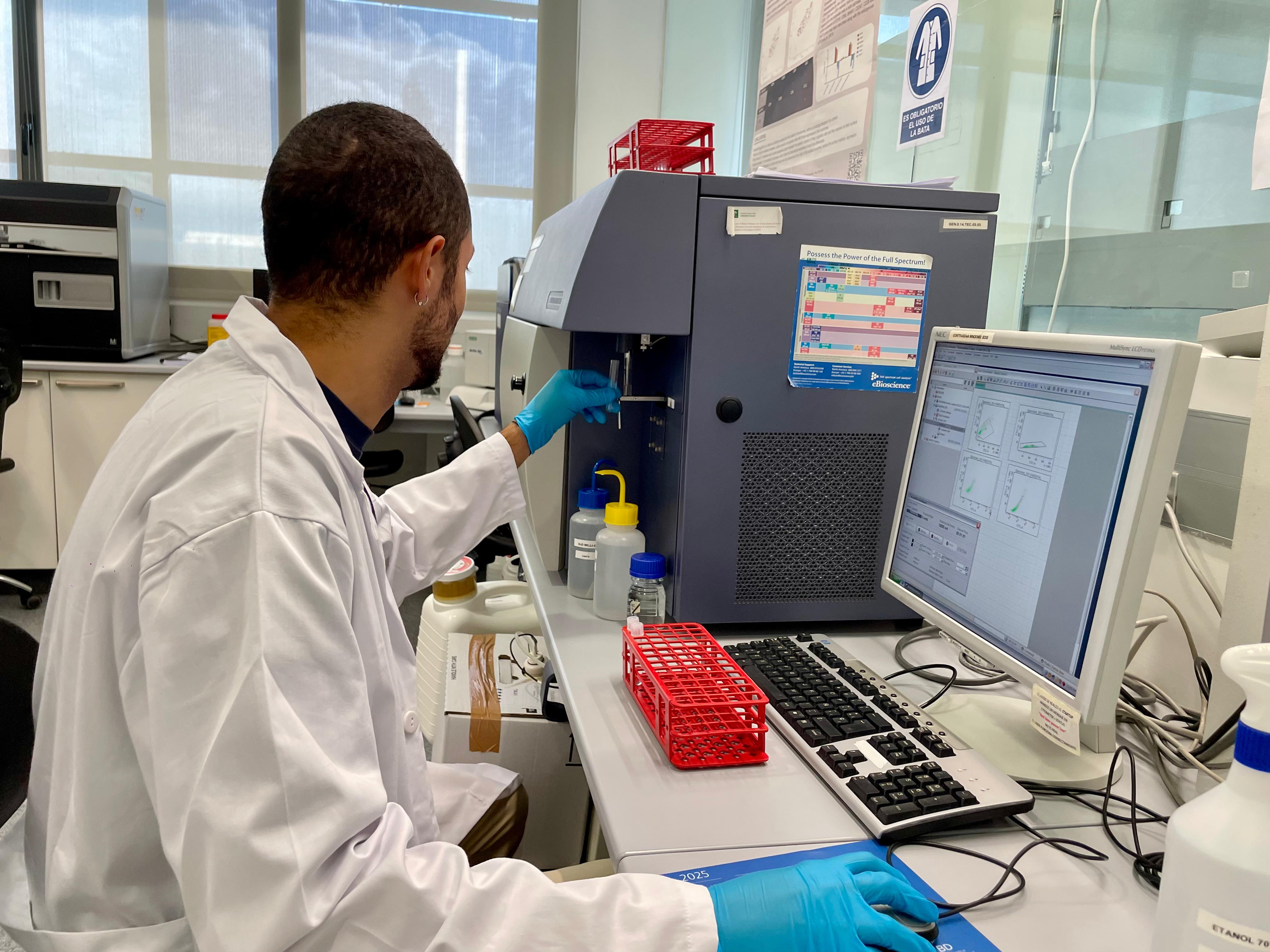
There are no projects in the garbage can.
A new study from the PRECISEADS project reveals how molecular stratification of patients with Systemic Lupus Erythematosus Erythematosus can identify key epigenetic alterations, opening new avenues for personalised treatments.
Researchers at the Pfizer-University of Granada-Junta de Andalucía Centre for Genomics and Oncology Research (GENyO) have taken a step forward in the understanding of Systemic Lupus Erythematosus (SLE), a complex autoimmune disease characterised by its complexity and diverse symptomatology. By classifying patients into subgroups, heterogeneity has been reduced, allowing a more precise identification of epigenetic modifications involved in the pathogenesis of the disease.
The research is based on the identification of molecular subtypes of SLE, which were obtained from a previous study by the same group published in Arthritis & Rheumatology. This new study, which is part of the European PRECISEADS project, has revealed that, while many of the known epigenetic changes are concentrated in the interferon (IFN) group, molecular stratification of patients also identifies important changes in the inflammatory group. Some of these changes were previously masked by not stratifying and by the strong interferon signal that occurs in many SLE patients.
Furthermore, the analysis revealed that many of these epigenetic changes are influenced by patients’ genetics, suggesting that genetic factors may contribute to the development of SLE through epigenetic mechanisms. Moreover, we observed that these genetic variables are not only disease-dependent, but also depend on molecular subtypes. This finding underlines the importance of considering both genetic and epigenetic factors and molecular stratification in the research and treatment of autoimmune diseases.
In collaboration with Sanofi, 62 genes were identified as potential therapeutic targets, including STAT4 and VDR, which are associated with specific patient subgroups. These findings not only increase the list of genetic risk variants associated with SLE, but also open the door to new, more precise and personalised therapeutic strategies.
This study represents a significant advance in Systemic Lupus Erythematosus research, highlighting the importance of molecular stratification of patients to identify epigenetic changes and develop more effective treatments. The results not only provide a deeper understanding of the disease, but also open up new opportunities for personalised medicine, which could transform the approach to the treatment of autoimmune diseases.
PRECISEADS
The PRECISEADS project, led by the GENyO centre in Andalusia, aims to improve the diagnosis and treatment of systemic autoimmune diseases such as lupus and rheumatoid arthritis. With the collaboration of 28 international entities and the participation of 2,500 patients, the project focuses on identifying common molecular profiles through genomic and molecular analyses.
The main goal is to develop a new molecular classification for these diseases, which could allow faster diagnosis and more personalised treatments. This represents a significant advance in precision medicine applied to autoimmune diseases.
In turn, this project is part of the 3TR, the largest Immunology project of the Innovative Medicines Initiative 2 (IMI2), which is also coordinated by Dr. Marta E. Alarcón, GENyO’s Scientific Director. The 3TR aims to study several diseases: systemic lupus erythematosus, rheumatoid arthritis, multiple sclerosis, inflammatory bowel disease (including ulcerative colitis and Crohn’s disease), asthma and chronic obstructive pulmonary disease. Despite their diversity, recent studies have shown that at the molecular level certain patterns are shared by patients with these diseases, suggesting that they may also share pathways of response to treatment.
Link to publication: Molecular subtypes explain lupus epigenomic heterogeneity unveiling new regulatory genetic risk variants | npj Genomic Medicine (nature.com)
See more news













